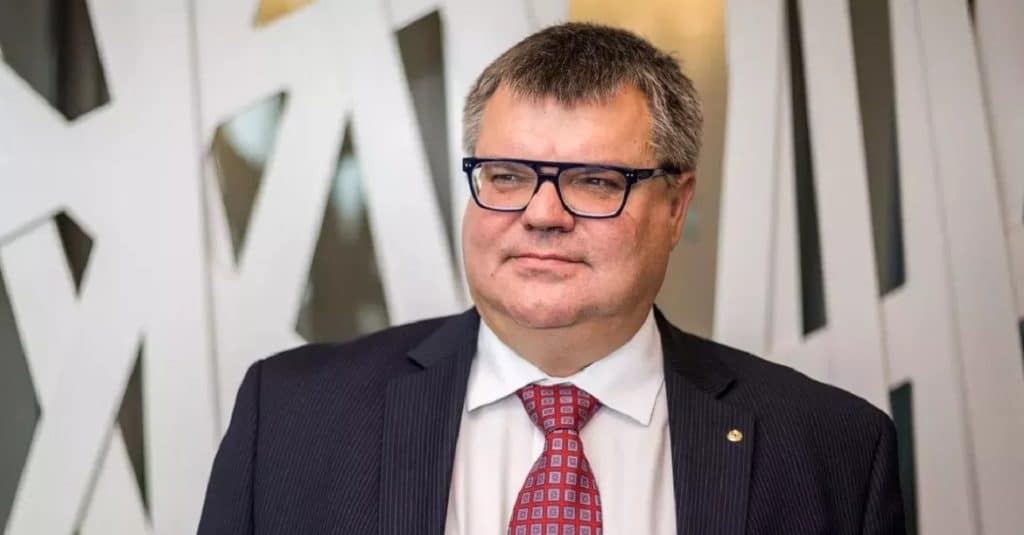By Nikola Mikovic
Mass protests in Belarus that erupted after the controversial presidential elections held on August 9, have not resulted in the overthrow of President Alexander Lukashenko, but have pushed the former Soviet republic deeper into Russia’s geopolitical orbit. Pressured by the Kremlin, the country’s leader has agreed to change the constitution which will pave the way for the power transition.

Unexpectedly, Lukashenko recently paid a visit to his political prisoners still kept in jail. He reportedly met with his major rival – Viktor Babariko – on October 10 in a KGB pre-trial detention center for 4.5 hours of talks. Babariko, former banker who spent 20 years working for the local unit of Russia’s Gazprombank, was arrested on June 18 after he was accused of siphoning $430 million out of Belarus in money-laundering schemes. Since he was likely perceived as someone who has close ties with Russian energy sector, and who would have very high chances against Lukashenko, Belarusian leader had no choice but to put him behind the bars.
Although the details of their conversation were not released, it is quite possible that Lukashenko is trying to create a systemic opposition following the example of Russia where three out of four parties in the Russian Duma (Parliament) are formally opposition, even though they almost never criticize President Vladimir Putin. It is worth remembering that Babariko already announced the creation of a political party after he admitted that the opposition lost the election. Also, a day after the meeting with Lukashenko, Yuri Voskresensky – ex manager of Babariko’s campaign – was released from prison together with Yuri Dmitry Rabtsevich, director of the Minsk office of PandaDoc software maker. They spoke with Belarus state-TV journalists and praised Lukashenko for his “bravery”, which clearly indicates that they could soon de facto accept reality where Lukashenko is still the country’s leader, and try to take part in a new Belarusian political system.
On the other hand, Belarusian police keeps detaining dozens of protesters and opposition activists who are close to former Belarusian presidential hopeful Svetlana Tikhanovskaya and exiled Coordination Council for the Transfer of Power. Lukashenko’s actions are demonstrating that he is trying to divide the opposition, but at the same time they suggest that the constitutional reform will take place in the medium term. It is worth noting that, ever since the political crises in Belarus occurred, the Kremlin strongly urged for constitutional changes as a way out of the stalemate. Since the protests and nationwide did not result in Lukashenko’s resignation, the system will likely be transformed “from above”, rather than “from below”, which is a standard practice in most post-Soviet states. Indeed, Viktor Babariko is expected to play a very important role in a “new Belarus”.
Belarusian banker often describes himself as an “effective manager”, as he seems to follow the old neoliberal ideas about state-owned companies being ineffective, and small and medium business being key to economic development. Such a policy has been already implemented in most former socialist countries in Eastern Europe where crucial state-owned enterprises were sold to local oligarchs and multinational corporations. Belarus under Lukashenko is the only country that did not follow the pattern. Naturally, both Russia and the West are interested in privatization of successful Belarusian companies, and unlike Lukashenko, Babariko is willing to reform the Belarusian economy. That is why there were speculations that he was supported by certain Russian structures close to Kremlin.
It is worth noting that during the election campaign, Babariko deliberately refused to provide answers to questions regarding the future of the Russia – Belarus Union State, or status of Russian military bases in Belarus. Instead, he mostly repeated standard campaign slogans about people who deserve to be rich and happy. That is why he was perceived as someone who will manage to maintain good relations with Moscow, but at the same time not to break ties with the West.
However, given that the West imposed sanctions on Belarusian officials following the crackdown on anti-Lukashenko protests, the Eastern European country seems to be closer to Russia than ever before. Lukashenko, in response, introduced symmetric sanctions against the EU, and several European ambassadors were required to leave Minsk. Such moves leave little room for Lukashenka to maneuver in negotiations with Russia, and it is expected that the new “system opposition” will agree on constitutional changes that will push Belarus deeper into the Russia – Belarus Union State.
In the short-term, Lukashenko will likely keep suppressing protests in an attempt to finally defeat the “non-system opposition”. Thus, pro-Western media and NGOs operating in Belarus could face serious troubles in the coming months. Since Lukashenko’s “multi-vector” foreign policy is dead, as he is no longer welcome in the West, it is not very probable that he will make any concessions to protesters that are backed by Poland and Lithuania. Instead, crackdowns are expected to be even harsher than before, which will undoubtedly lead to radicalization, although “Kyrgyz scenario” in Belarus does not seem very probable, as the security apparatus remains loyal to Lukashenko.
Author: Nikola Mikovic (Freelance journalist, researcher and analyst based in Serbia. He covers mostly the foreign policies of Russia, Belarus and Ukraine)
(The views expressed in this article belong only to the author and do not necessarily reflect the views of World Geostrategic Insights).







